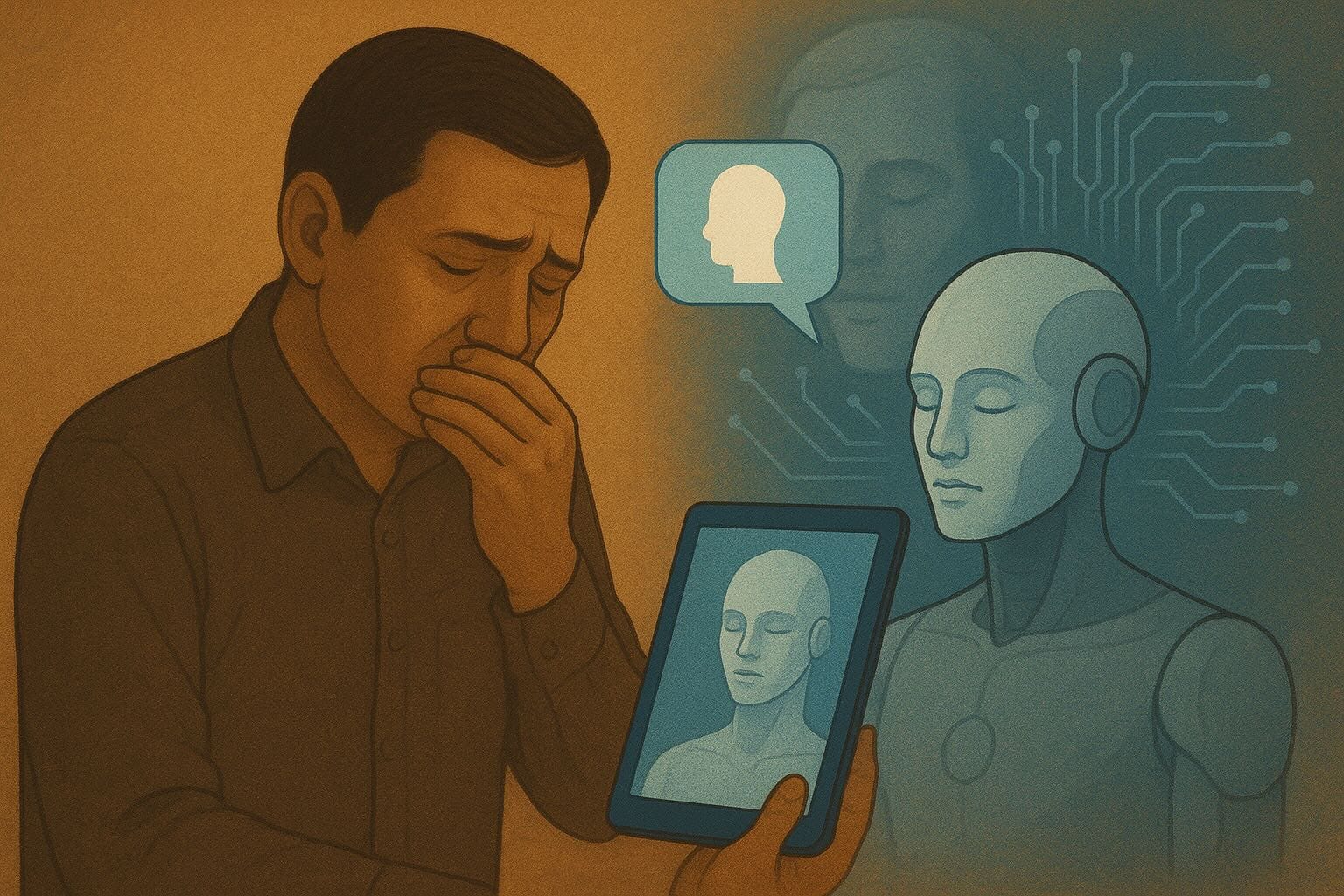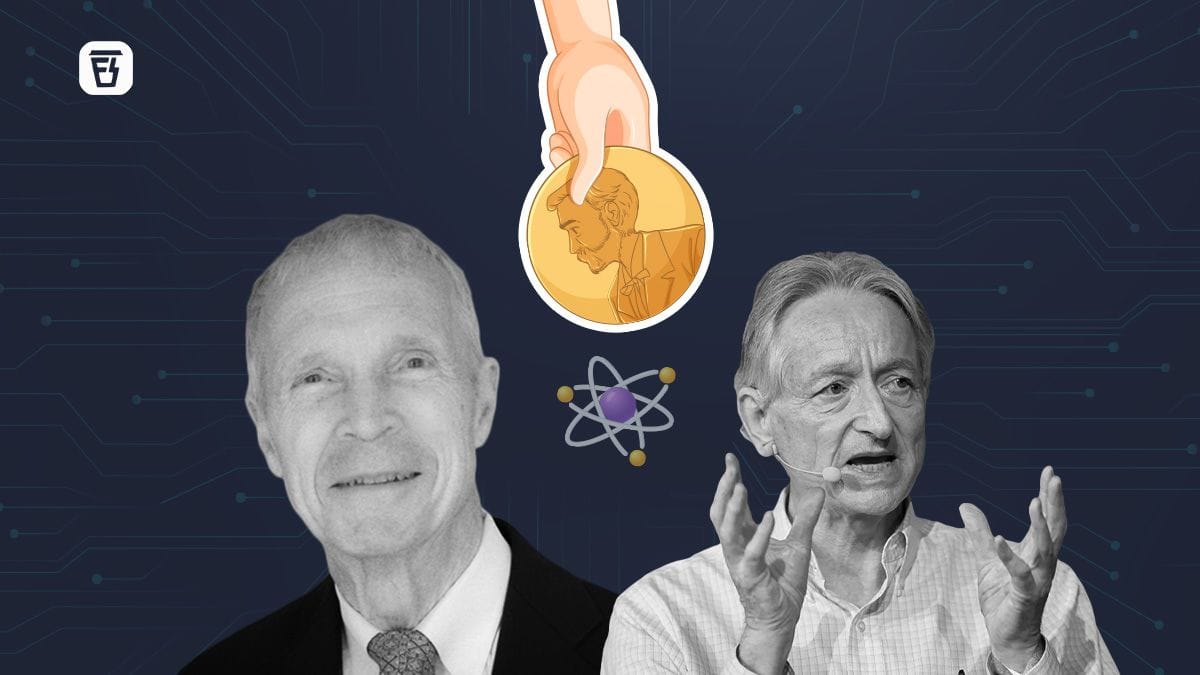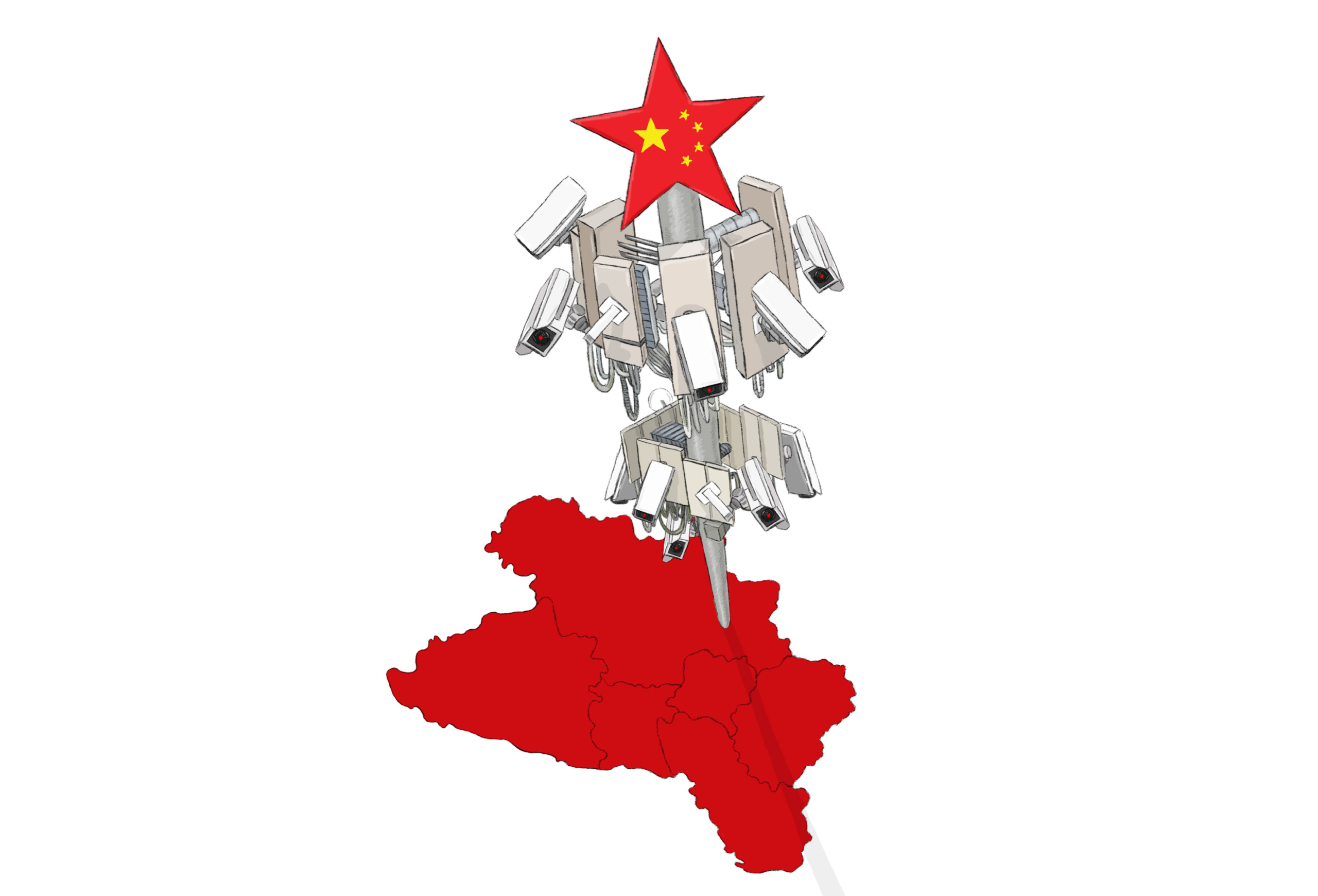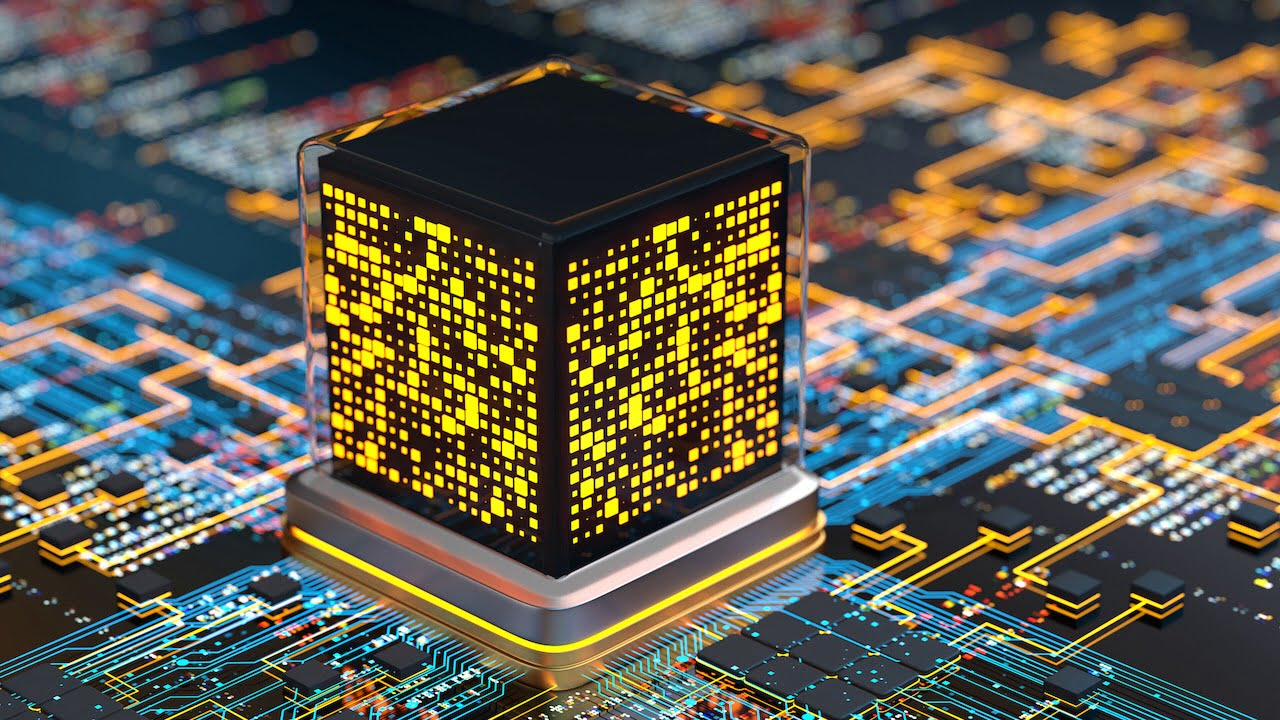A new wave of artificial intelligence (AI) products, often called “grief bots” or “ghostbots,” is coming into the memory-driven marketplaces that provide emotional assistance. This […]
Tag: Artificial Intelligence
The AI Revolution Comes to Drugs
Developing a drug is a complex process that often fails. It begins by identifying a target, such as a protein or gene, associated with a disease. Researchers then search for a molecule that can either block or enhance the target’s activity safely. This can involve screening as many as 1 million compounds before selecting just one or two promising candidates. Software can help to identify such molecules. But generative artificial intelligence (AI) can dream up entirely new ones to test. BCG, a consultancy, estimates that about 65 AI-inspired molecules are currently being tested on humans.
Artificial Intelligence: Thriving or Teetering?
The artificial intelligence (AI) industry was caught between euphoria and caution. Alphabet (Google), Amazon, Meta and Microsoft raced to invest, spending nearly $200 billion on AI infrastructure. Nvidia, the leader in AI-chip production, reaped gigantic rewards. Sales of such chips are expected to have doubled in 2024, driving its valuation to nearly $3.4 trillion. Demand for AI servers surged: firms such as Dell and HPE reportedly doubled their sales. But cracks began to show. The soaring energy costs of training and running generative AI models raise questions about long-term economic viability.
AI earn its Developers a Nobel Prize in Chemistry
It has been a big year for artificial intelligence models. For the first time ever, insights enabled by an AI model were deemed sufficiently significant to earn its developers one of the highest accolades in science: the Nobel prize in chemistry. The award jointly honoured the use of AI for protein-structure prediction and protein design. Innovations that underpin machine learning, meanwhile, were awarded the physics prize. Geoffrey Hinton, one of the winners, mused that by assisting mental labour, generative AI might have as big an effect on society as the industrial revolution did by assisting physical labour.
China’s Big Tech Dream: The Digital Silk Road
Digital Silk Road (DSR) is a crucial component of China’s Belt and Road Initiative (BRI), symbolising China’s strategy to expand information exchanges and digital cooperation with emerging markets and developing economies. Launched in 2015 as part of President Xi Jinping’s flagship transnational infrastructural project, the DSR has become a significant part of Beijing’s overall BRI strategy, providing aid, political support and assistance to recipient states. The DSR aims to enhance digital connectivity in developing economies, challenging the West’s tech dominance in the developing world.
Can the Rise of Technosexualism Endanger Dating Apps?
In today’s world, AI is making its way into our romantic lives, as well as dominating our search engines and careers. With the belief that human relationships are overrated, AI girlfriends have gained significant popularity among more than 10 million individuals. With the rise of online dating, these partners are causing quite a buzz and could potentially revolutionise the way people approach dating. There is one individual who is willing to spend a whopping $10,000 every month on these chatbots. Greg Isenberg envisions a market worth one billion dollars, drawing inspiration from Match Group’s remarkable success. However, privacy concerns arise when it comes to virtual companions such as Cupid.ai and Candy.ai. Artificial intelligence companions, engineered to understand and offer a customised experience, could soon become the frontrunners, overshadowing dating app subscriptions.
This Piece of Technology will Dictate the Coming Decades
Amidst this technological evolution, Quantum Computing has emerged as the next frontier in computing power and capability. Quantum computers leverage the principles of quantum mechanics to perform complex calculations at speeds unimaginable by classical computers. This shift towards quantum computing represents a paradigm shift in computational capabilities, promising breakthroughs in cryptography, scientific research and optimisation problems that were previously intractable. As we navigate the transition away from AI, the technological landscape is poised for another transformative wave that could redefine the boundaries of what is possible in the digital age.






